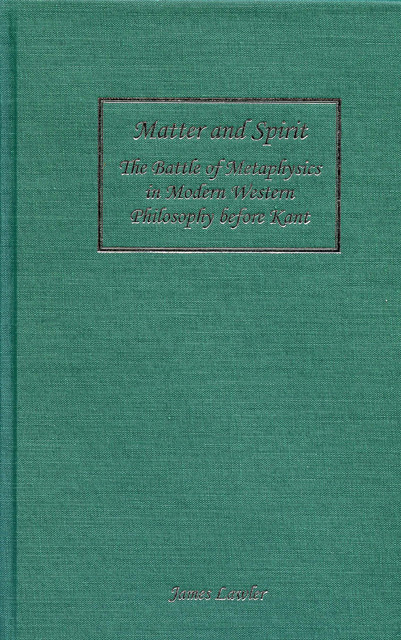Introduction
Published online by Cambridge University Press: 17 March 2023
Summary
THE KEY TO THE INTERPRETATION OF EARLY MODERN PHILOSOPHY
In one of his late works, Kant writes that
The Critique of Pure Reason can thus be seen as the genuine apology for Leibniz, even against his partisans whose eulogies scarcely do him any honor; just as it can be for many different past philosophers, to whom many historians of philosophy only attribute mere nonsense. Such historians cannot comprehend the purpose of these philosophers because they neglect the key to the interpretation of all products of pure reason from mere concepts, the critique of reason itself (as the common cause of all these concepts). They are thus incapable of recognizing beyond what the philosophers actually said, what they really meant to say.
Kant here not only links his pivotal work directly to Leibniz, but extends this connection and his “apology” or defense to other philosophers in whom he sees, beneath the words they actually use, a meaning akin to his own.
In what way can it be said that Leibniz's work too centers on a critique of pure reason—if only we look beneath the words he uses to the meaning he is attempting to express? Leibniz, to all intents and purposes, is the arch metaphysician who attempts to deduce a whole system of nature and society from speculative concepts about the ultimate nature of things, the “monads” of his Monadology. But by the aid of such speculative construction, Leibniz with great prescience anticipates later evolutionary theory. There is strictly speaking no birth and no death in the animal world, he argues, but only continuous metamorphosis from the simplest animal species to the most complex, and ultimately to the human being. Leibniz insists that his arguments from pure reason are in complete accord with the data of the modern empirical sciences of inorganic and organic nature:
I believe, therefore, that if the animal never actually commences in nature, no more does it by natural means come to an end. Not only is there no generation, but also there is no entire destruction or absolute death. These reasonings, carried on a posteriori, and drawn from experience, accord perfectly with the principles which I have above deduced a priori.
- Type
- Chapter
- Information
- Matter and SpiritThe Battle of Metaphysics in Modern Western Philosophy before Kant, pp. 1 - 10Publisher: Boydell & BrewerPrint publication year: 2006



